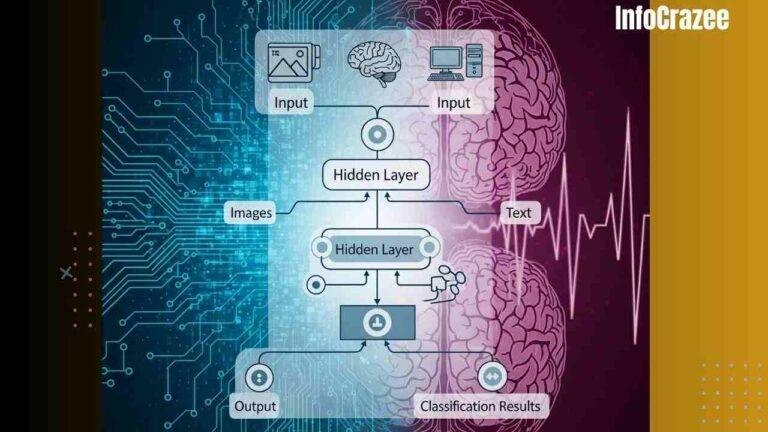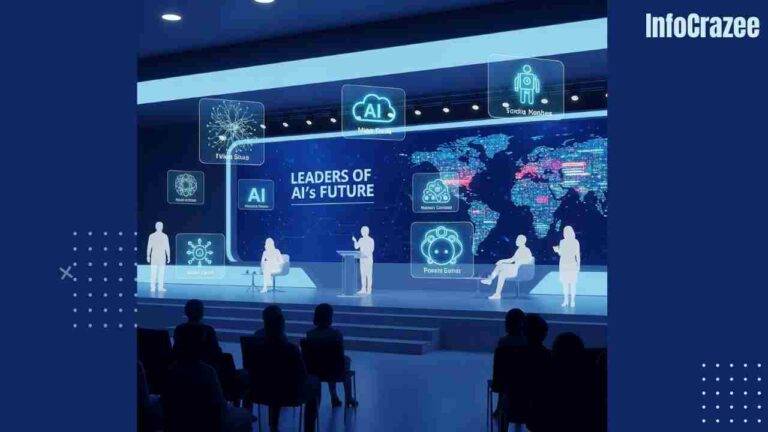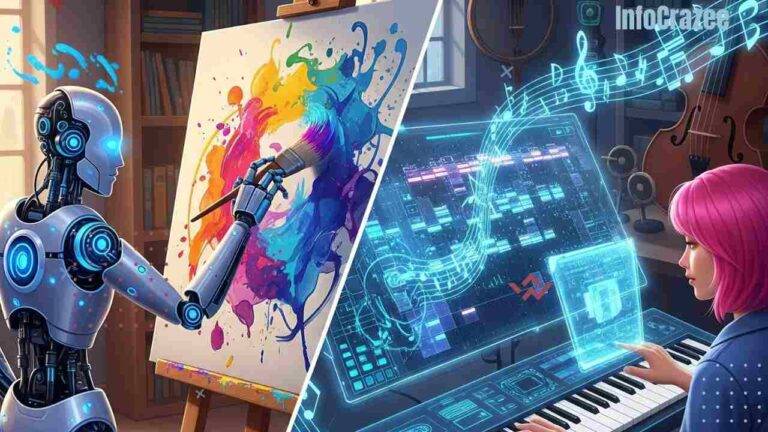Understanding AI Algorithms: How They Work and Why They’re Changing Everything
AI is no longer just a buzzword—it’s already part of our everyday lives. From personalized Netflix recommendations to smart assistants like Siri, AI algorithms are quietly at work behind the scenes. But how do they actually work? And why is everyone talking about them?
In this article, we’re going to break down the basics of AI algorithms, explain how they’re changing industries, and give you practical insights into how this technology is impacting you.
What Are AI Algorithms?
At its core, an algorithm is just a set of instructions that tells a computer what to do. In the world of AI, these algorithms are like a recipe for teaching computers how to learn from data and make decisions without human help.
Think of it like teaching a child to recognize a dog. First, you show them lots of pictures of dogs and say, “This is a dog.” Over time, they learn to spot dogs even in new pictures. That’s essentially what AI algorithms do—they “learn” from lots of data and use that knowledge to make decisions or predictions.
How Do AI Algorithms Work?
So, how does this all happen? It’s simpler than you might think! Here’s a step-by-step guide:

1. Collecting Data
AI needs data to get started. The more data, the better! This could be anything—photos, text, numbers, you name it. For example, if you’re training an AI to recognize spam emails, you’d feed it lots of examples of both spam and non-spam emails.
2. Learning from Data
Once the data is in, the AI algorithm goes to work, looking for patterns. It’s like a detective piecing together clues. If the AI sees certain words, phrases, or behaviors in spam emails, it begins to recognize those as “spammy” traits.
3. Making Predictions
After the AI has learned from the data, it can start making predictions. For instance, after analyzing enough spam emails, it can predict, “This new email is probably spam because it contains these words or patterns.” Pretty neat, right?
4. Improving Over Time
The cool part? AI keeps improving. Every time it makes a prediction, it can adjust its understanding based on whether it was right or wrong. So, over time, the AI gets better and better at its job, just like a student learning from feedback.
Why AI Algorithms Are Changing Everything
AI algorithms are already making a huge impact on everything from business to entertainment. Here’s why they’re such a big deal:
Personalization Everywhere
Ever wonder why Netflix seems to know exactly what movie you’d love next? Or why Amazon suggests products you might want to buy? That’s AI at work. By analyzing your past behavior (and the behavior of millions of others), AI can make spot-on recommendations. Whether it’s music, shopping, or news, AI algorithms are helping businesses tailor experiences just for you.
Automating Tasks
AI is taking over repetitive tasks that used to require hours of human work. Take customer service, for example. AI-powered chatbots can now answer basic questions, helping businesses save time and provide quicker responses to customers. Meanwhile, in industries like manufacturing, AI is used to streamline production processes, boosting efficiency.
Helping Creative Industries
Believe it or not, AI is even making its mark in art, music, and design. AI tools can generate music, art, and even write articles—similar to how humans create. For example, tools like AIVA help musicians compose music, while DALL-E can generate images based on text descriptions. It’s not about replacing human creators; it’s about giving them new ways to express themselves and break boundaries.
Improving Healthcare
In healthcare, AI algorithms can analyze medical data—like X-rays or patient histories—to help doctors make more accurate diagnoses. It’s speeding up the process of detecting diseases like cancer, saving lives, and improving patient care.
How You Can Use AI Algorithms in Your Life
Now that you know what AI is doing, how can you use it in your own life? Here are a few ideas:
- For Content Creators: AI tools like Grammarly and ChatGPT can help you generate ideas, write content, and even proofread your work in minutes.
- For Small Business Owners: AI can help you automate customer support, recommend products, and even analyze customer behavior so you can make smarter business decisions.
- For Data Enthusiasts: If you’re working with big data, AI algorithms can help you identify trends, make predictions, and uncover insights you might otherwise miss.
Real-Life Example: How a Small Business Used AI to Grow
Take the example of a small business, “EcoGoods,” that started using AI to personalize its customer experience. By analyzing past purchase data, the business was able to recommend products that customers were more likely to buy. In just a few months, sales increased by 25%. The company didn’t have to hire more staff—they just used AI to work smarter.
Key Takeaways
- AI algorithms are smart recipes that help computers learn from data and make decisions.
- They’re transforming industries like entertainment, healthcare, and customer service.
- You can use AI in your work or daily life to automate tasks, get recommendations, and make smarter decisions.
- AI is not just about robots taking over jobs—it’s about helping humans work more efficiently and creatively.
FAQs
1. What’s the difference between AI and regular algorithms?
AI algorithms are special because they can learn and improve from data, while regular algorithms just follow fixed steps. Think of AI like a learner who gets better over time, and a regular algorithm like someone who follows a manual.
2. How do AI algorithms make decisions?
AI makes decisions by recognizing patterns in data. Once it’s trained on enough examples, it can predict outcomes based on what it has learned.
3. Can AI replace human jobs?
AI can automate certain tasks, but it’s not about replacing humans. Instead, it helps people do their jobs faster and more efficiently, leaving more time for creative and strategic work.






